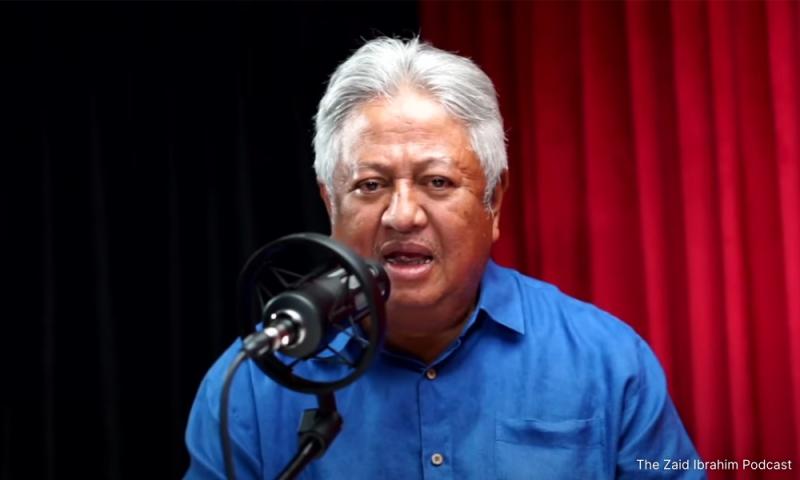This Saturday, the Malaysian Bar at its extraordinary general meeting will be looking at the question of appointment and elevation of the judiciary.
This a matter of great concern for all Malaysians who love democracy and good government as the judiciary, being the third arm of government - and in accordance with the principle of separation of powers - is and must be the body that provides the necessary check and balance, especially against a "runaway" executive and legislature which sometimes can overstep its boundaries and abuse its powers.
The judiciary must be empowered to "decide controversies between the subjects, and between itself (ie the state/executive/legislature/government) and its subjects whether the right relates to life, liberty or property".
To do this the judiciary must not only be independent, but must also be seen to be independent - and thus there are provisions in most constitutions, including ours, that provide for safeguards that ensure security for tenure, assured salary, allowances and even pensions, which is to be paid out from a consolidated fund.
Even Dr Mahathir Mohamad when he first became the premier was quoted saying this: "We do not expect the courts to be pro- or anti-government, only pro the constitution and pro the law.
The government always considers the constitution and the law carefully before we do anything so we expect the judiciary to be free to judge our alleged trespasses without fear or favour, but in accordance with the law, in accordance with the law of evidence and procedure justly and fairly. We shall always respect their judgments..."
But during the last 20 years or so public confidence in our judiciary have plummeted, especially when it comes to disputes involving the executive, prominent political personalities in government or the Barisan Nasional, and even when it comes to cases involving "crony" companies and/or companies with links to certain political leaders. All this began in 1987, leading to the judicial crisis of 1988 and continues to this day.
We must not be ignorant of the fact that in our federal constitution, it is our prime minister who has a very great role in the appointment of judges, and in the promotion of judges to the Court of Appeal and the Federal Court.
Judges are appointed, elevated to higher courts, determined their order of precedence, and even removed by the Yang di-Pertuan Agong, who acts on the advice of the prime minister. Other than for the appointment and/or removal of the chief justice , the prime minister has a duty to consult the chief justice and/or the heads of the different courts. All the prime minister has to do is consult, but the Agong has to act on the advice of the prime minister.
Ever since the 1988 judicial crisis, questions have been raised about the criteria and consideration that goes into the appointments and elevations of judges. What we need is for more transparency in this process.
Maybe we need to consider other jurisdictions as to how appointments and elevations of judges are done. Maybe all judges should play a part in choosing who among their peers to elevate. Maybe a wider and more independent body that would include the Malaysian Bar, Judicial Legal Services Commission, parliamentarians, retired members of the judiciary and others should be constituted and given this role of appointment and/or elevation, who would then forward their recommendation to the Agong. Maybe judges should be elected. Whatever the mode of appointment and elevation is going to be, it must not give too much power to the head of the executive, the prime minister, as it is now.
At the end of the day, whatever suggestions and recommendations that come out of the Bar Council's EGM this week will only remain as such unless Parliament amends our federal constitution to give effect to these suggestions.
But then when the Barisan Nasional which has continued to retain more than two-thirds majority without much challenge, I wonder whether the ruling coalition will want to change things as they now stand. Hence, it will ultimately come down to the people when they soon have to go to the ballot box to elect their parliamentary representatives.




